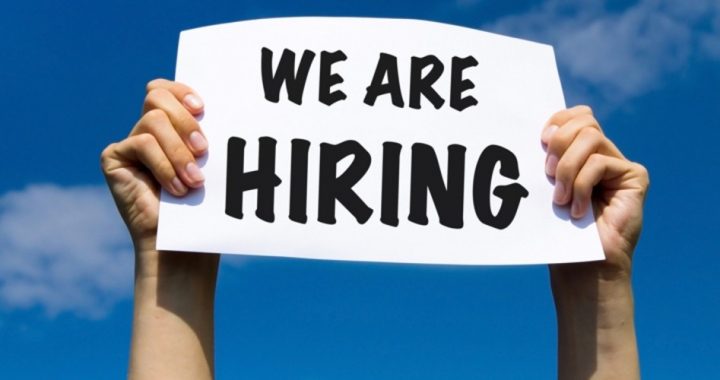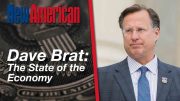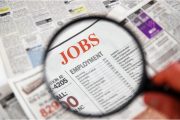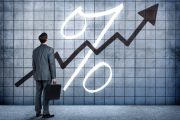
Moody’s Analytics chief economist Mark Zandi never saw a jobs report under the Trump administration that he liked. September was no exception. In a statement accompanying the release of jobs numbers by accounting firm ADP on Wednesday, Zandi said: “Businesses have turned more cautious in their hiring. Small businesses have become especially hesitant. If businesses pull back any further, unemployment will begin to rise.”
During a conference call following the release of the September jobs numbers, Zandi expanded on his disdain: “We are in a very critical place, kind of a fragile juncture in the economy. What happens over the next few weeks, next few months, will determine whether there’s an economic downturn in 2020.”
And then he added to the chorus of naysayers who have heaped criticism on the economy’s manufacturing sector in light of the slight slowing reported by the Institute for Supply Management on Tuesday that sent the stock market down: “We are seeing more weakness in manufacturing. I do think in the coming months we will see manufacturing turn negative. Even more importantly, demand is slowing in many sectors, and I don’t see any stabilization in that and that’s going to continue.”
Zandi is the establishment’s quintessential economic commentator. He holds two degrees in Keynesian economics from the University of Pennsylvania and often appears in person and through op-eds in such predictable places as the Washington Post, the Philadelphia Inquirer, CNBC, NPR and Meet the Press. In other words, if any of those liberal venues want a dim view of the Trump economy, Zandi is their man.
Missing from any of Zandi’s commentary was the following:
• In September the U.S. economy created more jobs than establishment forecasters predicted: 135,000 versus 125,000 forecast;
• Job gains were apparent across every sector of the economy and every size of business; and
• U.S. manufacturing only makes up 12 percent of the economy, with services making up the remaining 88 percent, which is where the job growth took place.
As this writer (a recovering Keynesian with a degree in business with a major in economics from an Ivy League school) has often noted, the U.S. economy is like a race horse, built not so much for speed as for distance. With the removal of so much excess baggage through deregulation and lower taxes thanks to Trump’s policies, that race horse is finding his stride.
Therefore commentary from establishment economists such as Zandi may be safely ignored by those seeking an accurate picture of the U.S. economy: steady, performing at a high level, and likely to continue to do so.
An Ivy League graduate and former investment advisor, Bob is a regular contributor to The New American, writing primarily on economics and politics. He can be reached at [email protected].



